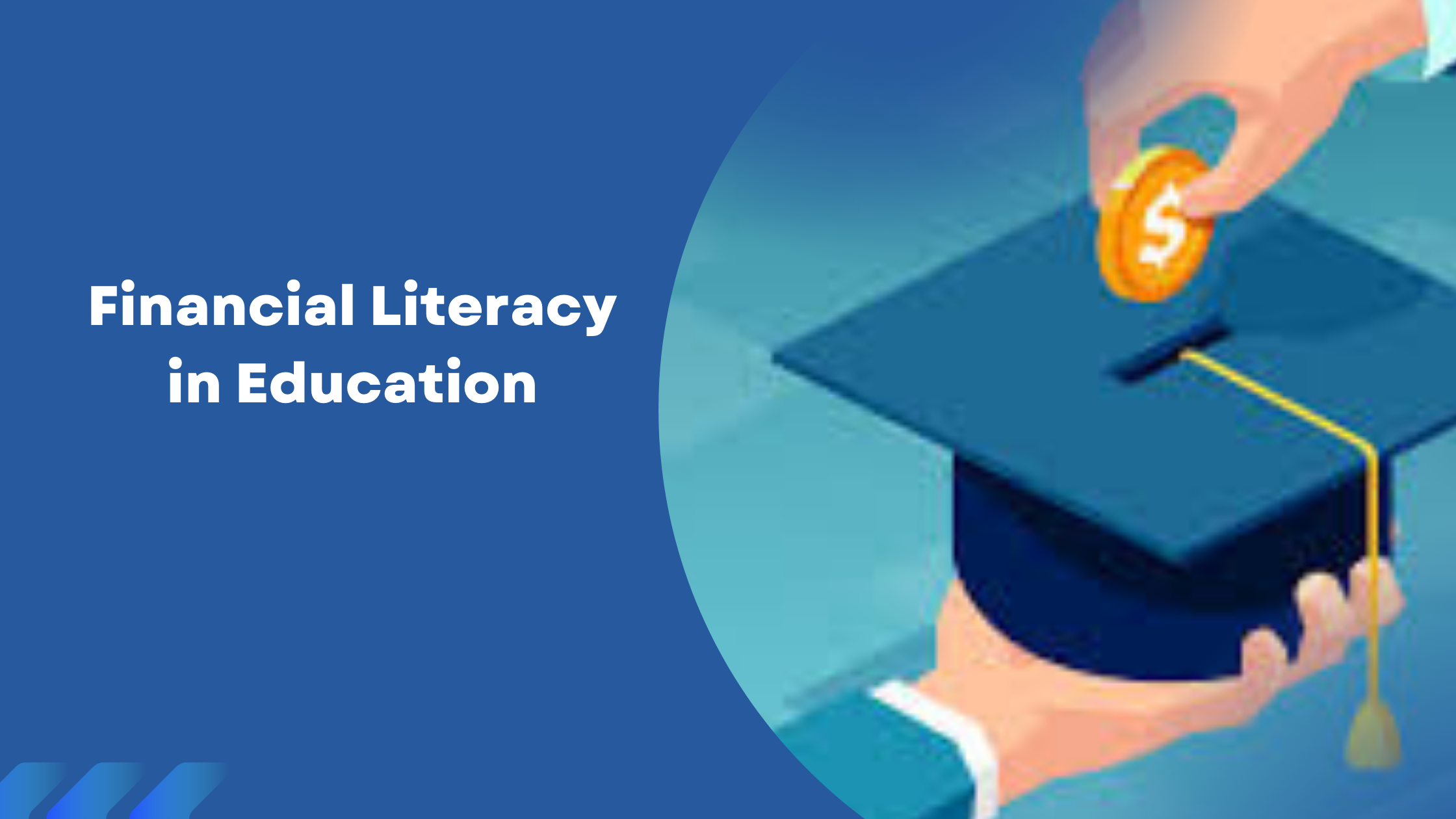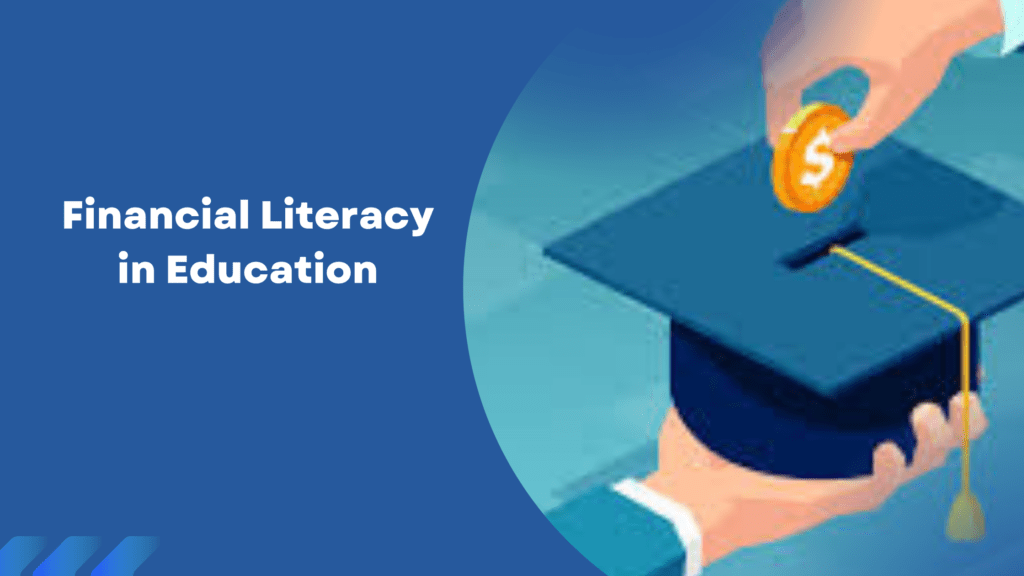
FL in higher education is a critical component of education that equips individuals with the knowledge and skills needed to make informed financial decisions throughout their lives. Integrating financial literacy into educational curricula becomes paramount in a rapidly changing economic landscape where personal financial responsibility is increasingly emphasized. This essay explores the importance of financial literacy in education, its impact on individuals and society, and the challenges and opportunities in promoting financial education.

The Need for Excellence in Education
Navigating the Complex Financial Landscape:
In the contemporary world, individuals face myriad financial choices, from managing budgets and understanding credit to investing and retirement planning. Financial literacy education is essential to empower individuals with the tools necessary to navigate this intricate financial landscape.
Preventing Financial Pitfalls:
The gaps in financial literacy Education can lead to adverse consequences, including debt accumulation, poor credit management, and inadequate savings. Incorporating financial education in schools can help prevent individuals from falling into financial pitfalls, fostering economic resilience and stability.
The Impact of Education
Empowering Individuals:
FL empowers individuals to take control of their financial destinies. Individuals are better positioned to achieve their financial goals and aspirations when armed with budgeting, saving, and investing knowledge.
Enhancing Economic Participation:
A financially literate population contributes to economic growth by participating more effectively. Informed consumers make better financial decisions, leading to a more robust and stable economic environment.
Reducing Economic Disparities:
We can work towards a more equitable society by providing everyone with the skills to manage their finances, regardless of socio-economic background.
Challenges in Promoting Financial Literacy Education

Curricular Constraints:
Traditional education curricula often need more time and resources, making it challenging to incorporate additional subjects. Financial literacy competes with other essential subjects, posing a barrier to its widespread integration.
Teacher Preparedness:
Ensuring that educators are adequately prepared to teach financial literacy is a challenge. Teacher training programs must be implemented to equip them with the necessary knowledge and resources to impart financial education effectively.
Opportunities for Promoting Financial Literacy Education
Integration into Existing Subjects:
One way to overcome curricular constraints is by integrating financial literacy into existing subjects like mathematics and social studies. This approach allows for a more seamless inclusion of financial concepts into the education system.
Technological Solutions:
Leveraging technology can provide scalable solutions for financial education. Interactive online platforms, mobile applications, and gamified learning experiences can make financial literacy engaging and accessible to a broader audience.
Community Partnerships:
Collaborations between educational institutions, financial institutions, and community organizations can create synergies that promote financial literacy. Guest lectures, workshops, and mentorship programs can enhance the learning experience.
Closing Statement
In conclusion, financial literacy in education is not merely a desirable addition but a necessity in today’s complex economic landscape. By equipping individuals with the knowledge and skills needed to make sound financial decisions, we empower them to lead economically secure and fulfilling lives. Overcoming challenges and seizing opportunities for promoting financial education is crucial for building a financially literate society that contributes to economic prosperity and social equity. As we strive to prepare the next generation for future challenges, integrating financial literacy into education is an investment in the well-being and success of individuals and society.








